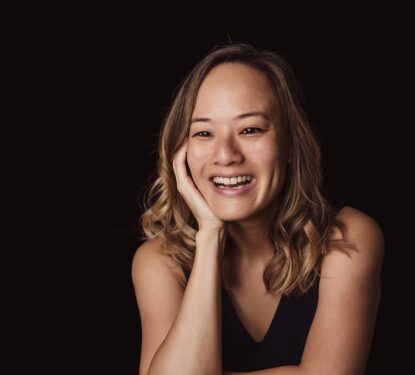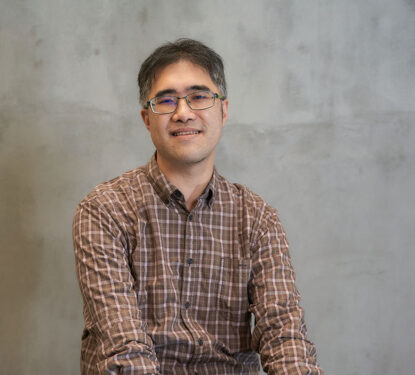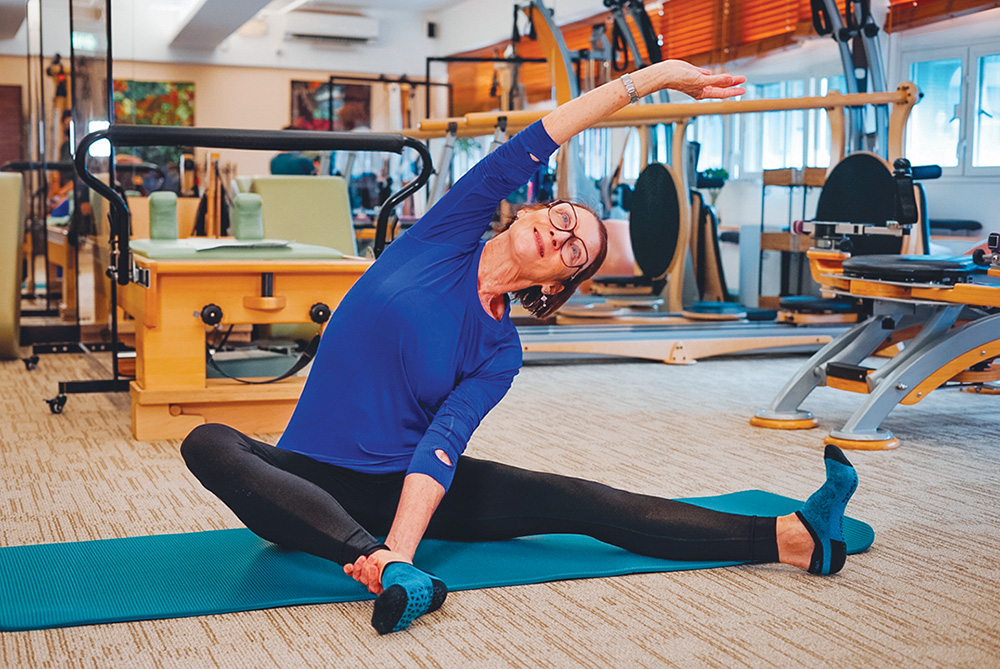
As much as we might not like to hear it, we’re all getting older by the second. Time waits for no man or woman; in fact, since you started reading this article, you have aged – however infinitesimally. We all want to age better, and healthy ageing is a prime concern for many. However, many of us still think about ageing in abstract terms – something that exists but isn’t applicable to our own bodies just yet.
Part of the problem people miss out on healthy ageing, is because of the negative connotations of ageing in general. “I think one of the biggest misconceptions that people have about getting older is believing that everybody ages badly,” says Dr. Laurena Law. “It doesn’t have to be that way – you can actually age very well and healthily!”
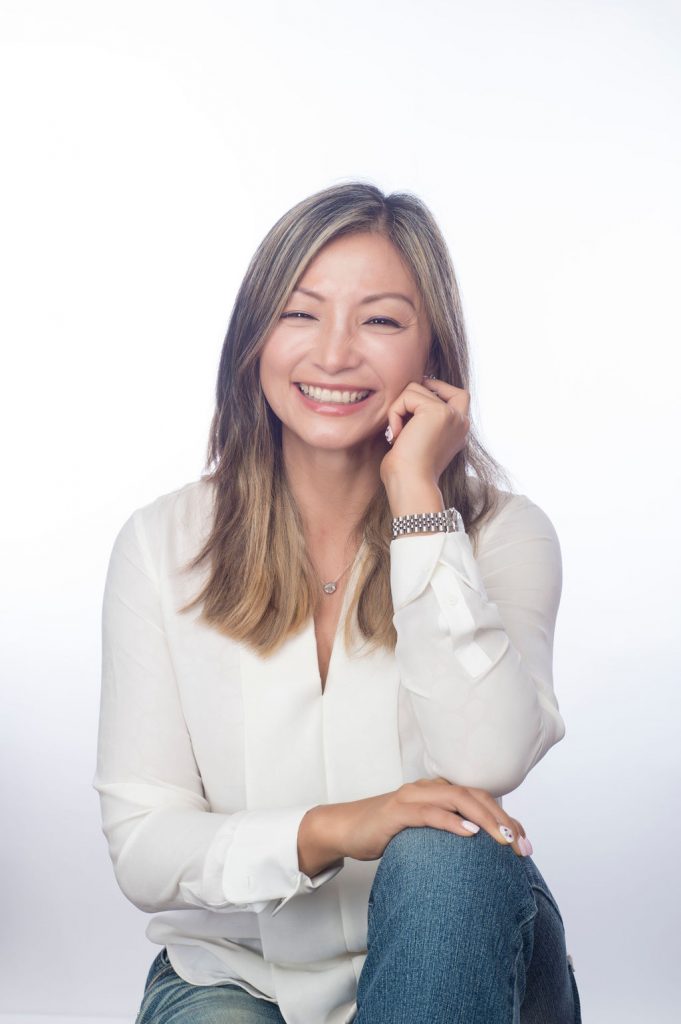
Dr. Law, 45, is a medical doctor and ageing specialist at LifeClinic, an integrative health clinic located in Central. Certified by the American Association of Anti-ageing Medicine as an Advanced Fellow in Anti- ageing, Metabolic and Functional Medicine, she has spent most of her career exploring how our bodies age, and what we can do to embrace healthy ageing.
“I found that in medical school it was all about medication and what to prescribe for problems after they already exist, but I wanted to take a more preventive and holistic approach. So I went into further training to study how we can optimise things like our diet, exercise and hormones in order to improve the ageing process.”
Dr. Law says that we already know what accelerates ageing, listing chronic inflammation, unhealthy diet and poor gut health as some of the most common culprits behind many age-related diseases. The key to slowing the process, she says, is a holistic approach that takes into account all the different ways our bodies start to change as we get older.
“I think a lot of people mistake chronic symptoms, like weight gain or lack of energy, for ageing, when in fact it could be just a sub-optimal level diet, exercise, recovery or sleep.”
Tricia Yap is the founder of Limitless, a movement and functional medicine facility that focuses on helping clients navigate life stages with optimum wellbeing. She mainly trains clients who are in their 40s and beyond, and says that for many, their goal is not to look good in the mirror, but to maintain their physical abilities in terms of strength and range of motion.
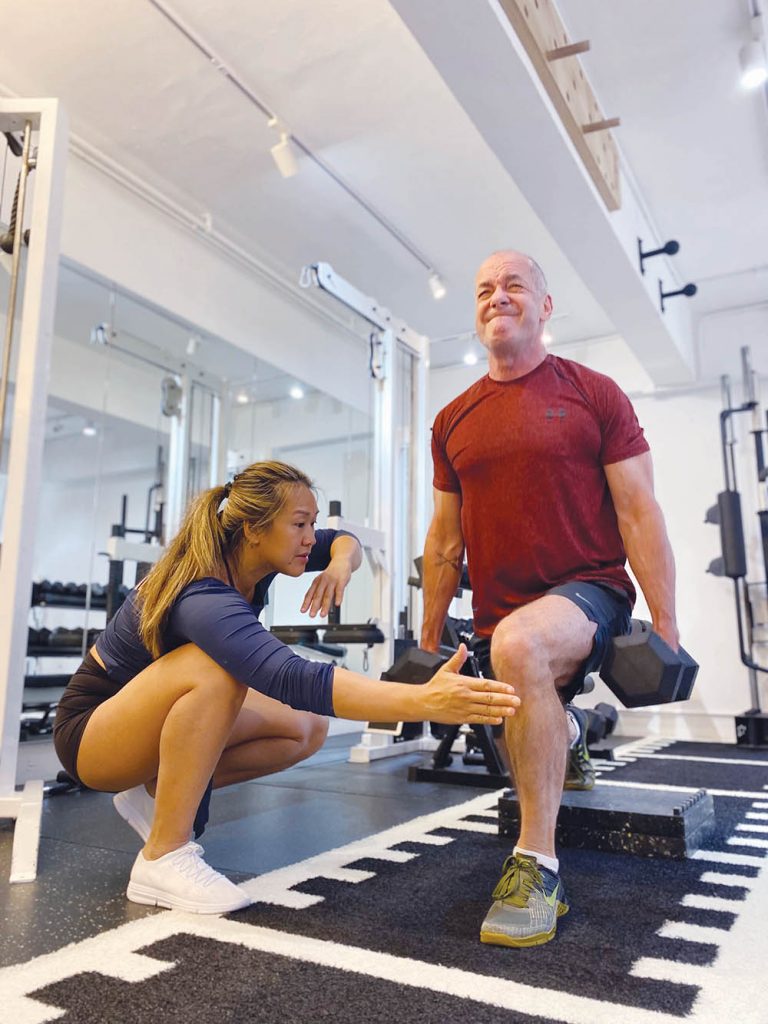
“We have people coming in saying, ‘I just don’t want to have that back pain anymore’ or ‘I want to be able to pick up my kids’. They want to be able to still do the sports they did in their 30s, but they’re worried because they’re going into their 60s, and that’s where preventive medicine is actually really helpful.”
Yap, whose oldest client is 70 years old, says that she’s noticed that women tend to de-prioritise their health more than men, particularly when they have young children.
“We do see a drop-off [in women] when kids start going to primary school and there is a larger load on the primary caregiver. Maybe they are concentrating on their career and family, and their own health comes last, but when the children are in their late teens, that’s when women start to come back to their own needs.”
Yap, who is 38, adds that as more women choose to have children later in life, it’s more important than ever for them to start taking the right preventative steps now to ensure a healthier future for themselves.
That’s something that Dawnna Wayburne, 66, has known, and practiced, for years. A former dancer, Wayburne says she was cognizant early on about ageing, and thought carefully about how to mitigate the effects. “I think it’s more common with dancers and people who work with their bodies to think about these things, because you have these expectations about what your body can demonstrate,” she says.
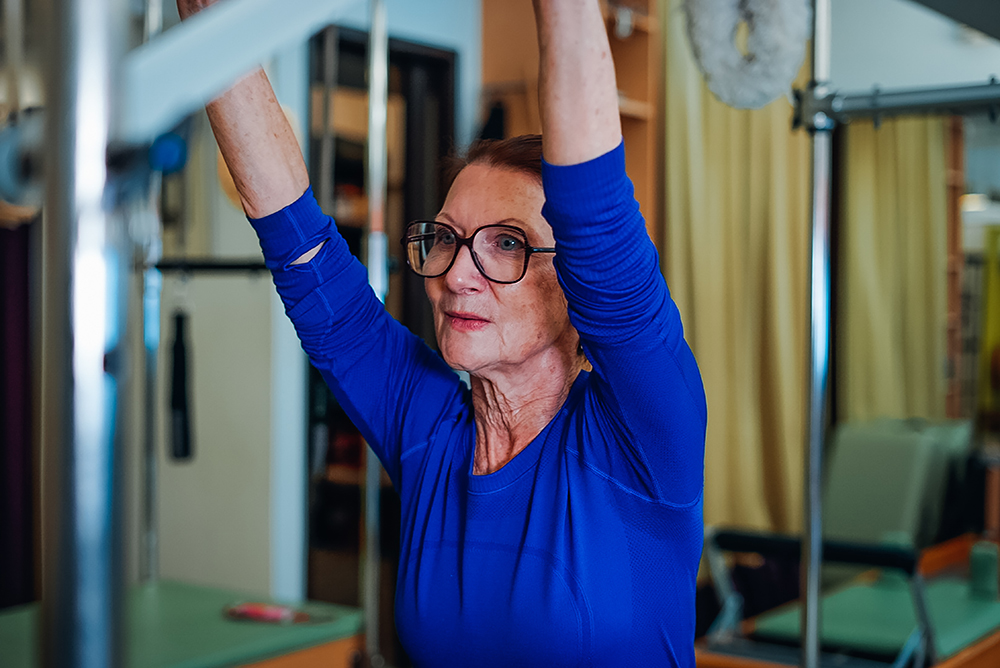
Wayburne owns a ballet studio in Discovery Bay and Isofit, a Central-based Pilates studio, and regularly trains clients there who are in their 70s and up in movement-based disciplines. These are aimed at increasing range of motion, enhancing flexibility and improving balance – all areas we tend to neglect – which can cause serious issues later on in life. She says she agrees that the key to longevity rests in prioritising one’s health earlier on, specifically in the form of daily fitness.
“I think it’s important to make exercise a habit, as early on as your teens,” says the studio owner, adding that she does an hour-long light workout every morning before her tea.
“Exercise often isn’t a built-in discipline; people are so exhausted these days, and physically or mentally taking the time to care for themselves often takes second place,” she adds.
“Making it a core part of your daily routine as soon as possible helps to prepare our bodies for what comes later. Even when you’re in your 50s and 60s, and things start to ache or hurt, there are still ways of taking care of yourself.”
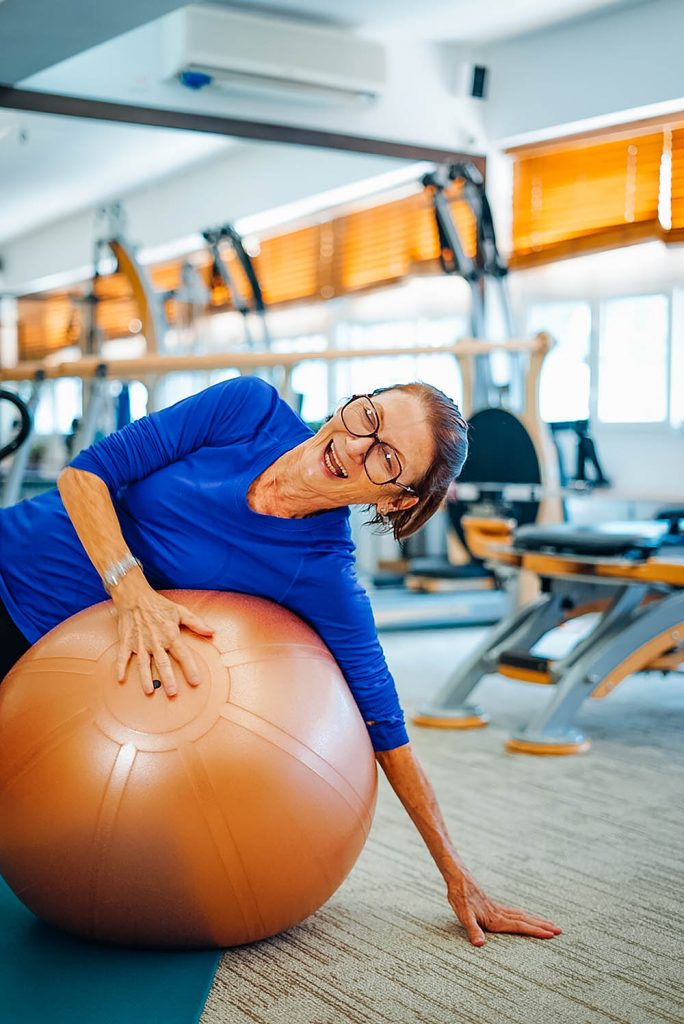
Wayburne says as she gets older, she’s also learning firsthand about what needs her senior clients may have. She has started incorporating more functional training, like being able to do a push-up, which she believes is essential to master in case of a serious fall at home alone.
Most importantly, Wayburne recommends setting the benchmark for one’s own health. Instead of comparing yourself to what others in their 60s can or cannot do, listen and trust in your body – something she learned after a back injury four years ago.
“When I was rehabilitating, doctors would say, ‘Look how well you move for a 60-year-old’ when it should have been how well am I moving for me. There is that ageist mind-frame in society, so it becomes even more important to take control of your own health in your later years.”
So what aspects of wellbeing should we focus on now in order to reap the benefits later? If you want to increase your “wellspan” – that is, the number of years in your life in which you enjoy optimum energy, vibrancy and physical capability – start putting the work in now across these seven pillars.
1. Mobility & Flexibility
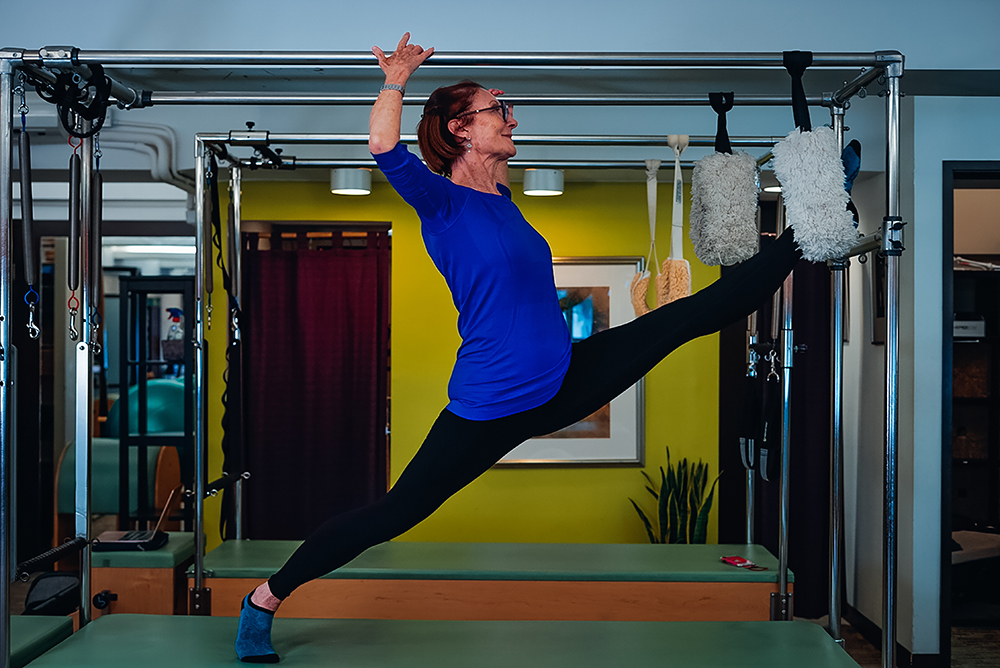
Changes in the quality of our spine and connective tissue happen naturally as we age, but that is actually compounded these days by modern workplace culture, which requires many of us to sit at computers for hours on end. Dr. Law says this causes worse problems, like back and neck tension and hip tightness, because we aren’t moving our major joints in a full range of movements throughout the day.
“It’s extremely important to focus on mobility and flexibility, because the risk of hip replacements and cervical disc degeneration increase as we get older,” she says. “In order to prevent that, we want to constantly have mobility throughout our spine and in our joints.”
2. Strength
Dr. Law says that a common condition that tends to affect our strength as we age is sarcopenia, or a loss of skeletal muscle mass and function. “As we get older, we start to accumulate intramuscular fat, and at the same, we start losing density of muscle fibers,” she says. “Together, it amounts to quite a disproportionate loss of strength, which is why older people can often have issues with balance, and have a lot more falls related to that.” Including some form of strength-training, even simple body weight exercises like push-ups, can help to counteract this process.
3. Balance
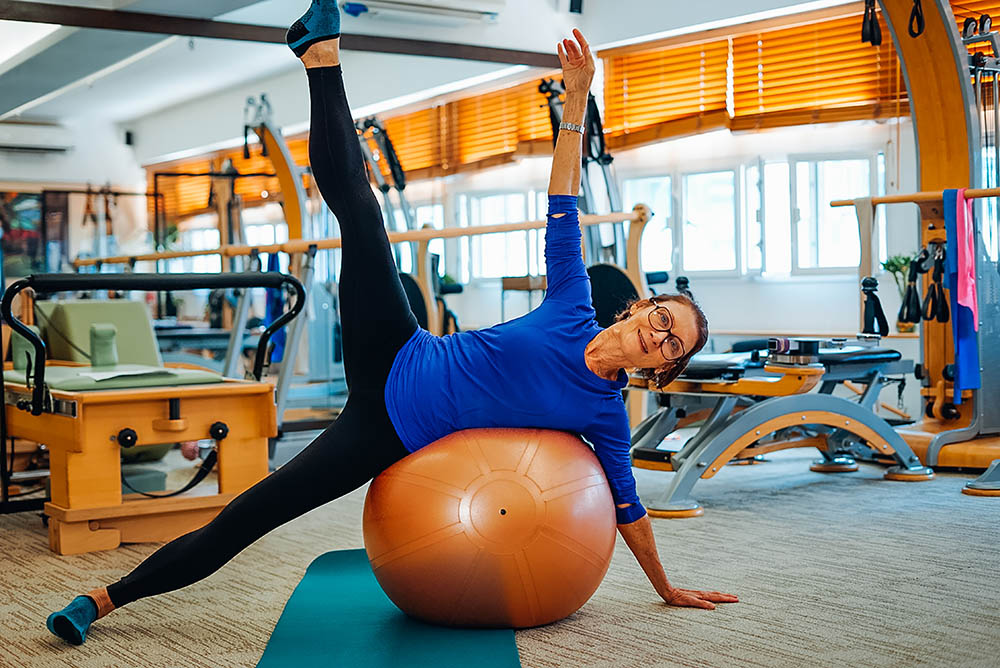
It’s not just a loss of muscle mass that can lead to falls. Dr. Law says that our central nervous system also changes as we age, slowing down our reaction times. This means that seemingly minor events, like stumbling on a crack in the sidewalk, can be less easily compensated for by our bodies, leading to a greater risk of injury. “That’s why it’s important to keep up physical activity,” she recommends.
Wayburne agrees that balance and the fear of falling can play a big part in insecurities around ageing. Her best advice? “Challenge your balance every day by standing on one leg, and see if you can control your body’s position in space for a few minutes.”
4. Nutrition
“One of the things that happens as we get older is that our digestive functions and stomach acids fall to half of what they used to be,” says Dr. Law. This in turn affects how we break down and absorb nutrients from food, making our diet choices even more important as we age. Dr. Law recommends consuming nutrient-dense foods, chewing thoroughly, and giving your body time to digest a meal. She also says that certain micronutrients – like iron, calcium and vitamin B12 – become harder for our bodies to absorb, and suggests taking supplements to correct any deficiencies.
5. Hormones
As Dr. Law says, it’s normal for our levels of hormones like estrogen, progesterone and testosterone to fall as we age. We commonly associate this with menopause, but it can actually start much earlier than that, in a process known as perimenopause.
“Perimenopausal symptoms can start as early as our 30s and can range from mild to severe,” says Dr. Law. Symptoms include irritability, anxiety, vaginal and bladder symptoms, hot flashes, headaches and breast pain. “There is also an increased risk of bone density loss and rising cholesterol during this time, which can contribute to an increased risk of heart disease.”
6. Sleep
People of all ages struggle with sleep quality, thanks to a profusion of blue light from smartphones and computer screens. In addition, about half the population have under-active pineal glands, which secrete the hormone melatonin that controls our sleep. But Dr. Law says the situation gets even worse for women as they age.
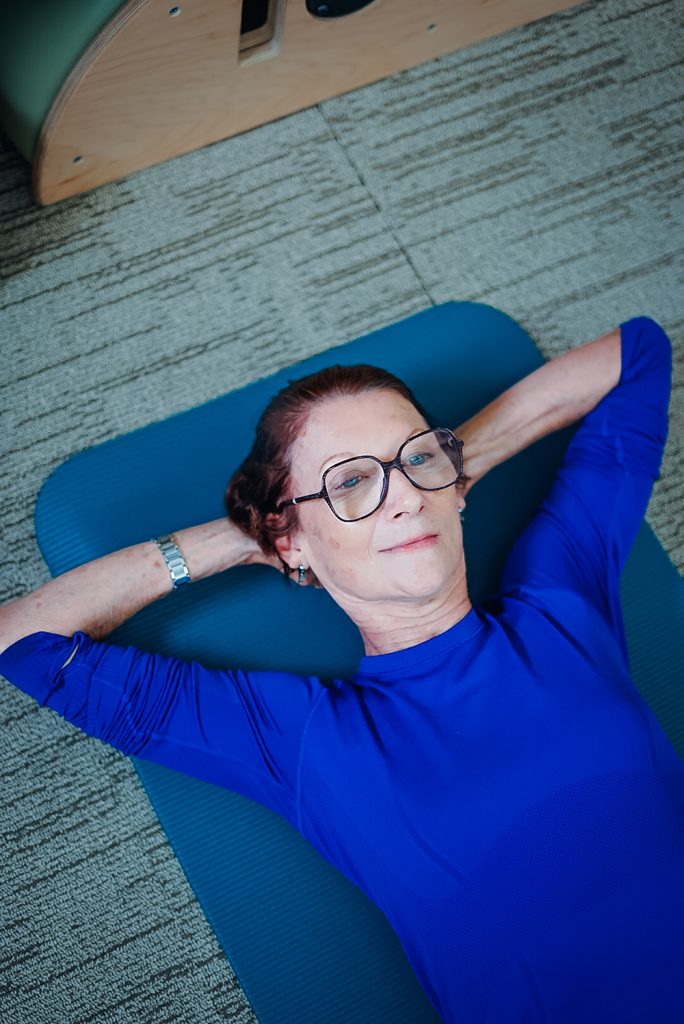
“During menopause, women don’t have sufficient amounts of estrogen and progesterone to keep them asleep, so they tend to be more restless. By the time it’s over, they end up thinking it’s normal to have not slept deeply for years, but it’s not and there is help for that.” Dr. Law recommends ensuring that you’re getting adequate amounts of amino acids such as tryptophan, glycine and vitamins B6, magnesium and zinc, to support serotonin and melatonin production.
7. Skin
We also experience a loss of collagen and elasticity in our skin, which leads to signs of ageing like wrinkles. Dr Law says that there is a direct connection from our gut health to the state of our skin, and recommends taking probiotics to keep skin nourished with everything it needs to stay strong and supple well into our advanced years.
“Our skin is actually a reflection of the internal state of our body, so it’s important to be mindful of it and pay attention to any signs you might notice.”
Want more features from Liv? Check out: Climate Action in Hong Kong: Are We Doing Enough?



